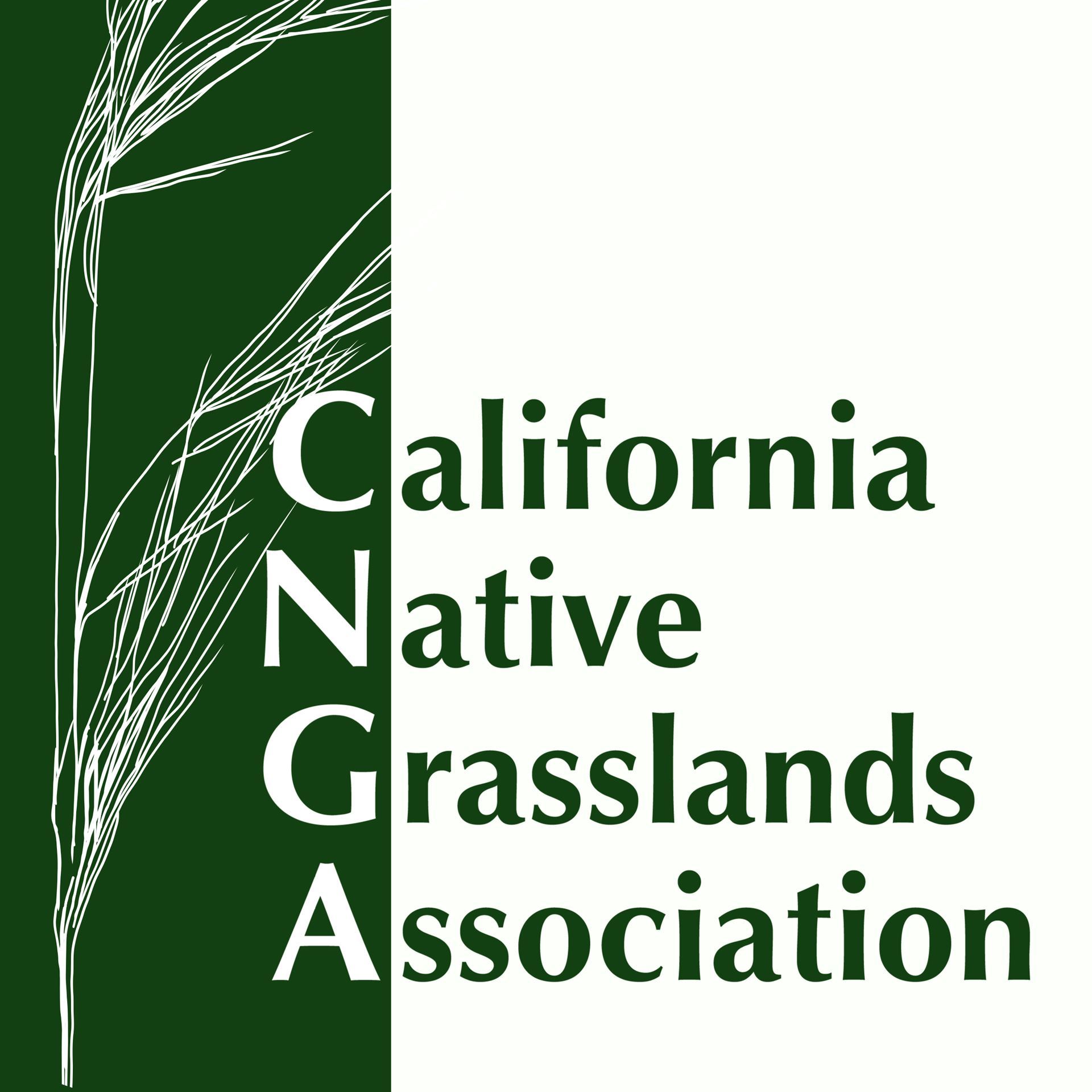California Native Grassland Association GRASS Award Speaker Series
Join us for the CNGA’s Virtual Speaker Series showcasing the amazing work undertaken in California Grasslands by some of our Grassland Research Awards for Student Scholarship Winners.
Talks are on Tuesdays from 6 PM - 7 PM PST featuring a one 40-minute talk, or one or two 20-minute talks, with time for Q&A.
Members: Free Non-Members: $10 Non-Member Students: Free with Student ID
Title: Growth-reproduction strategies of California Grassland Plants Under Variable Precipitation.
Speaker: Brooke Wainwright, Ph.D. Candidate, UC Davis
December 10, 2024 6:00 PM to 7:00 PM
Abstract: Climate change is causing increased volatility in California precipitation. Grasslands are especially sensitive to this volatility as their composition and biomass is often dependent on timing and amount of rainfall, which has repercussions for the economy, ecology, and culture that depends on these ecosystems. California grasslands are largely overrun with non-native and invasive species, which often respond differently, in their growth traits and reproduction, to the same rainfall regime. Traits can be an phenological, morphological, or physiological attribute of an individual and reproductive investment is how much biomass the plant is dedicating to reproductive plant material (i.e., number and mass of flowers). Here, I investigate how variable rainfall treatment and historic rainfall treatment affect native and non-native grassland species’ growth and reproduction strategies. To do this, I collected seeds of 12 species from five grassland communities spanning the precipitation gradient in California (300-1800 mm) and planted them in a common garden drought experiment in Davis, California in 2022. In 2023, I measured these plants for growth, leaf mass area, photosynthetic capacity, and reproductive investment. Preliminary data shows some differences in leaf mass area and reproductive investment, with southern California populations investing more in reproduction than northern California populations, whereas Northern California populations have higher leaf mass area, suggesting a significant investment in vegetative biomass and stress tolerance. Defining the growth-reproduction strategies of California grassland plants will inform the consequences of assisted migration and assist with restoration planning.
Bio: I am a fourth year Ph.D. student at UC Davis studying the functional trait variation of California grassland plants with the goal of informing grassland restoration and management amidst a changing climate. I began working with and becoming enamored by California grasslands as an undergraduate at Cal Poly, San Luis Obispo. I continued to learn about grasslands and began restoring them as a preserve ranger in Kern County, California. There, I became passionate about investigating novel ways of restoring California grasslands to be more resilient, native-dominated, economical, and biodiverse. In 2021, I received my master’s from the University of New Mexico where I studied the recruitment dynamics of foundational desert grass species under a drier and more variable climate. At UC Davis I lead a student organization dedicated to connecting the Davis community to their local natural landscape and removing barriers to learning about and restoring these local ecosystems. I have been involved in leadership and committee work since high school and I enjoy working on a team toward a common goal.
Contact Justin Luong (jluong4@ucsc.edu) with any questions.
COMING IN JANUARY
 Tuesday, January 21, 2025, 6 PM
Tuesday, January 21, 2025, 6 PM
Matthew Wells, Biologist National Parks Service Santa Monica Mountains NRA
Title: Can targeted mowing promote native species recovery in invaded plant communities?
 Tuesday, January 28, 2025, 6 PM
Tuesday, January 28, 2025, 6 PM
Sabela Vasquez-Rey (UC Davis Graduate Student)
Title: Impact of Livestock Grazing on Avian Diversity at Montane Riparian Meadows in California’s Federal Public Lands
Help Support Student Research - Donate to the GRASS Program
CNGA's GRASS Program:
- Focuses student research on important grassland-related questions.
- Inspires students to become more involved in California Grassland Conservation and Restoration.
- Trains future employees for your agency or company.
- Creates advocates for California Grasslands
Learn More About GRASS - Applications Accepted Nov 1 - Jan 31

